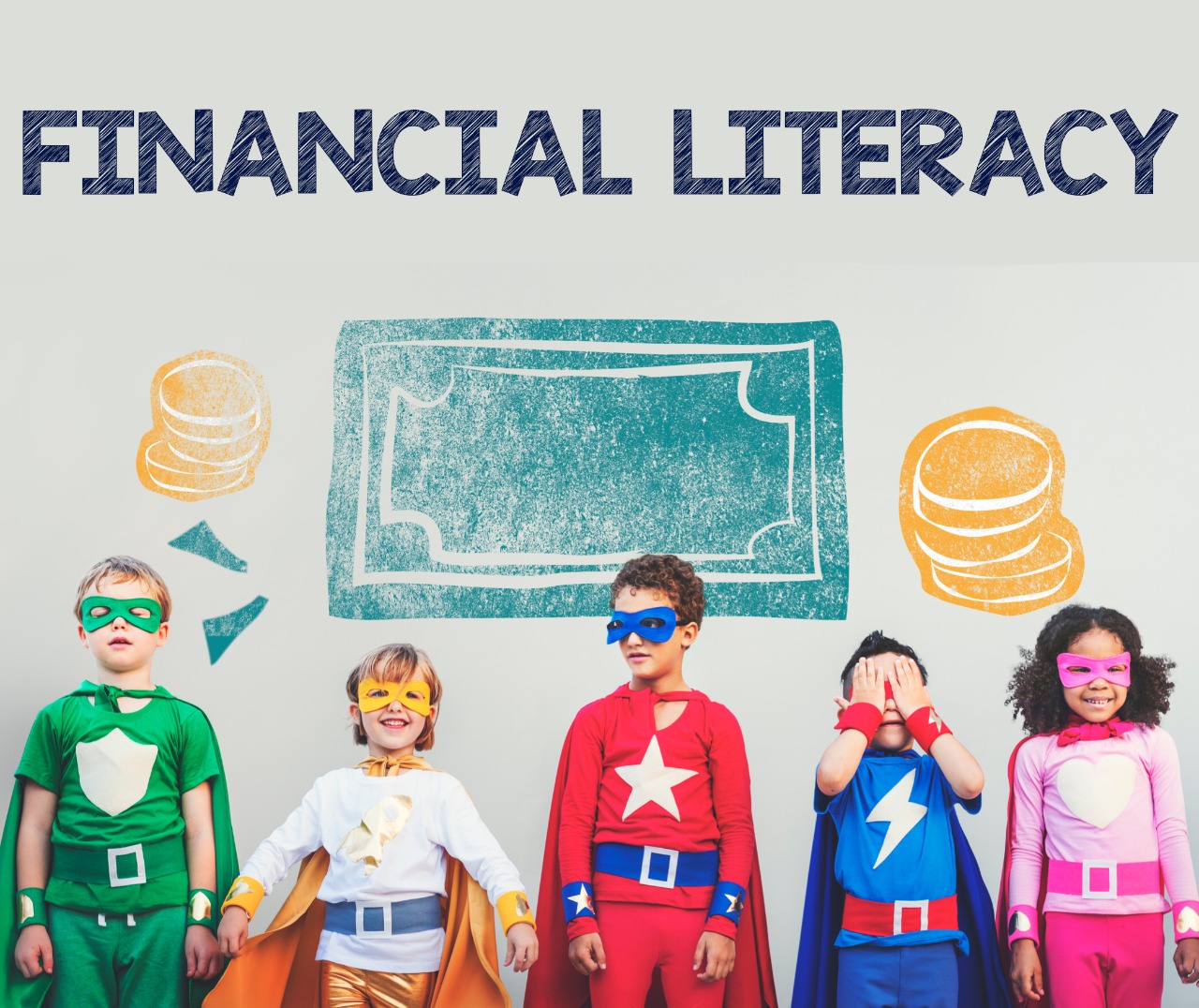5 Reasons Why Your Child Needs To Learn About Finances at an Early Age
Kids these days have shown potential to be very fast learners and have a good grasp on things than before. You would have seen kids 6 years of age, efficiently using a phone to see YouTube videos and even download games from Playstore. There is no doubt that a 7 year kid can now understand different things ranging from human emotions, to technology. Parents too never hesitate these days to teach them about concepts, which they never learned until entering teenage. In spite of this, most parents feel that their kids are too young to be taught about personal finances and money and do not involve them in regular day to day finance management, due to which kids do not learn financial sensitivity until much later in their life.
However, many child psychologists and studies have come out to say the exact opposite. One study from the University of Cambridge found that kids are already able to grasp basic money concepts between the ages of 3 and 4. By age 7, basic concepts relating to future financial behaviors will typically have developed.
Lets talk about why exactly does your child need lessons on money and finances at an early age.
1. Difference between a need & desire
Who among us have tried explaining our child that the video game that they are embarrassing us for, by crying in the middle of the mall, is not worth crying for? Usually parents feel, it is baseless to argue and buy the game, but the ones who can’t afford, come up with some silly reason that they have this at their home already. However, how will they get to know the difference between a need and a demand, the importance of prioritizing a school uniform than a video game? How much budget does the family have to spend and how much is utilized in necessary things for survival? Such things when taught at an early age, tends to not only to make a child considerate but also shape their overall personality
2. Financially healthy habits
Maturity doesn’t come with age, it comes with experience. We do not need wait for our children to be 18, to get matured. Early life experiences, teachings and encounters with finance, can make inculcate healthy habits in terms of spending, budgets and savings, by the time he/she finishes school. This way, their financial decisions, after they start earning ought to be sounder than we had taken at 25-26 years.
3. Self Sufficiency:
Even after growing up and earning, most of us struggle to do our taxes, misunderstand investments and savings. These are some very complicated chapters to learn even in our adulthood and we normally depend on someone else to do that for us. Kids need not learn these things in their early age, but understanding fundamentals of very money comes from, how is it spent and why do we need it can help a child become self sufficient and eases the process of learning profits and taxes, in the later part of their lives.
4. Sensitivity and importance of money
If I got a dollar for every time my parents had taunted me saying that money doesn’t grow on trees, I probably would be richer today. But alas, money still doesn’t grow on trees, who will get me that dollar? The reason our parents use this cliché is to teach us the importance of money and how much hard work and efforts goes into earning a single dollar. Kids have not been sensitized to this subject, as parents usually feel that they are not old enough to understand the significance of money. Sure, they don’t have to dig into IPOs and secondary markets, but who says they would not understand the sweat and work that goes into earning those dollars. The kids would sure be more sensitive in making demands, if they too are equipped with the information of where exactly the money comes from.
5. Setting and achieving goals:
A right set of fundamentals on how money is made, how is it grown, what is budget and what are savings can help a child important lessons on setting goals and the importance as well the joy of achieving them. From small goals in early childhood like saving pocket money to bigger goals in later life like investing those savings to grow money, can be set from very early age to help them make wiser and smarter decisions in future.
There are lot of ways parents can teach these basic life skills to their children. Teaching financial literacy does not necessarily mean to have access to highly advances courses or have educated parents. Parents can simply involve their child in day to day money management tasks, from counting currency notes to having the kid go out to buy some groceries with limited money. Parents can impart lot of these concepts by just sharing their life experiences and by just letting their child be part of routine discussions on budgets and savings.
To know more about financial literacy and how to teach your kids, reach out to us on: http://www.finstart.in/

